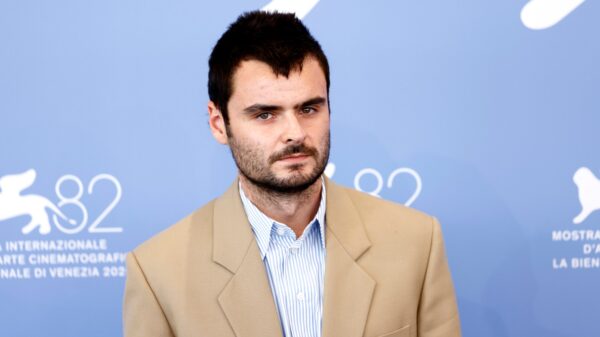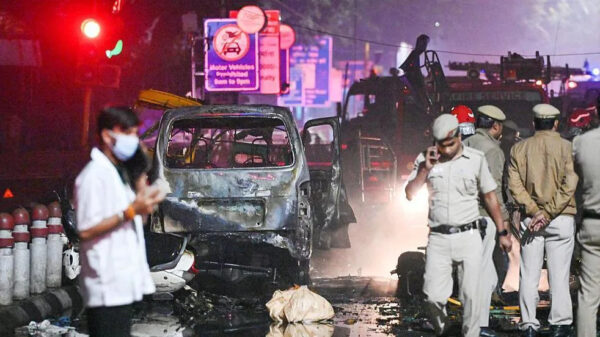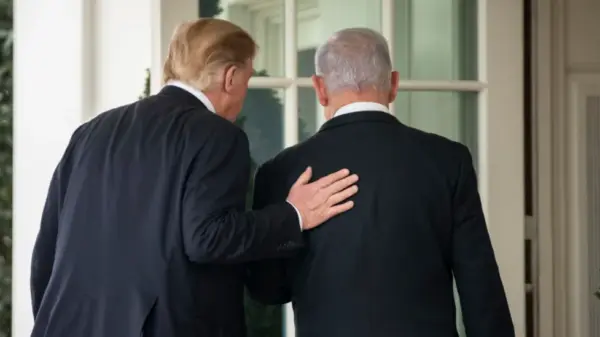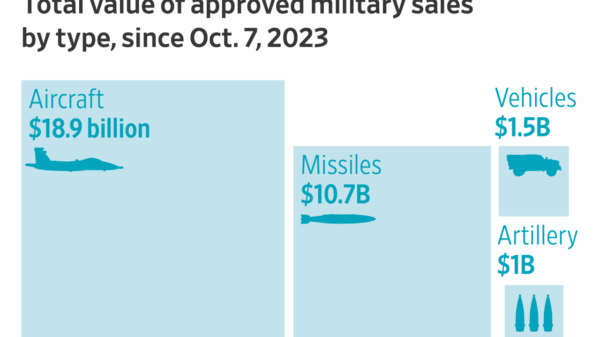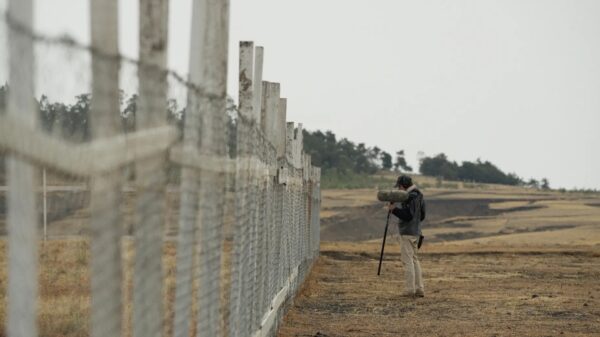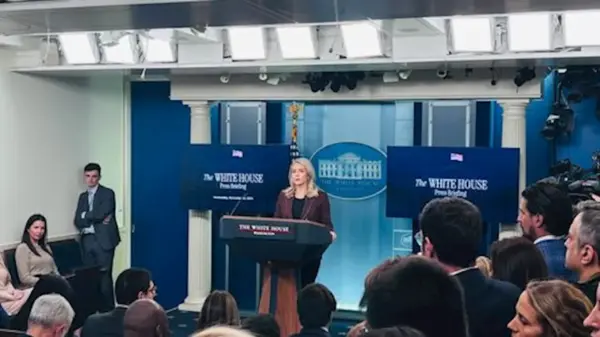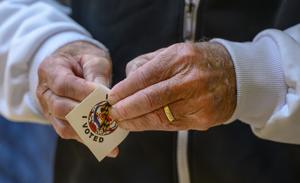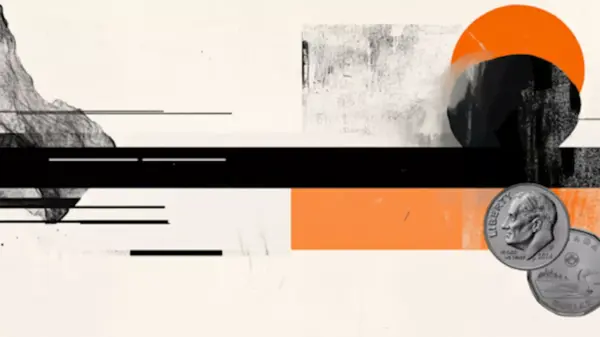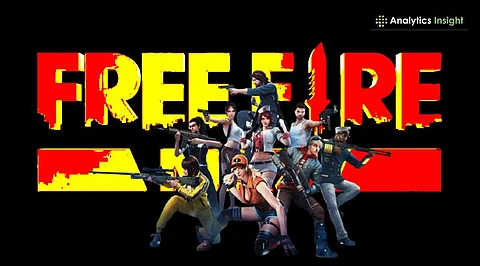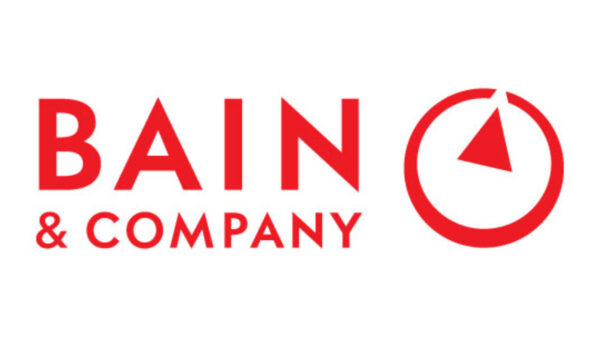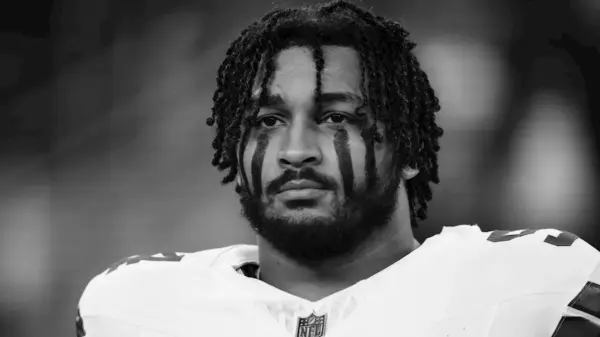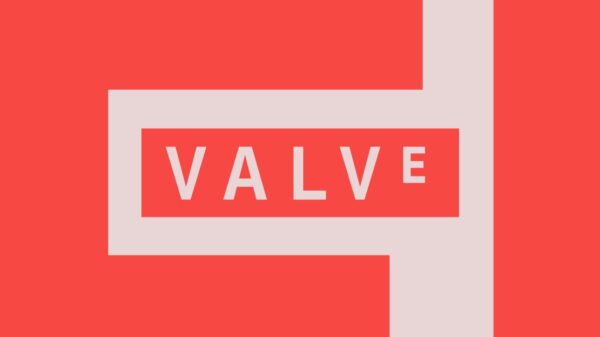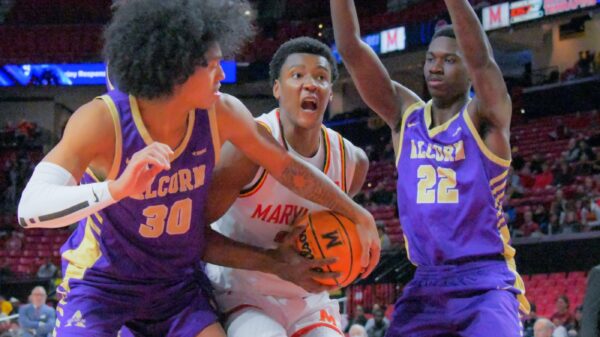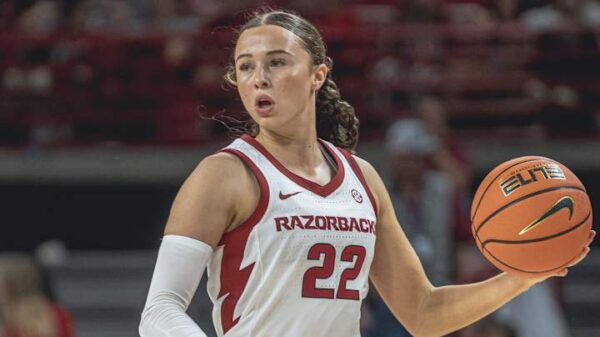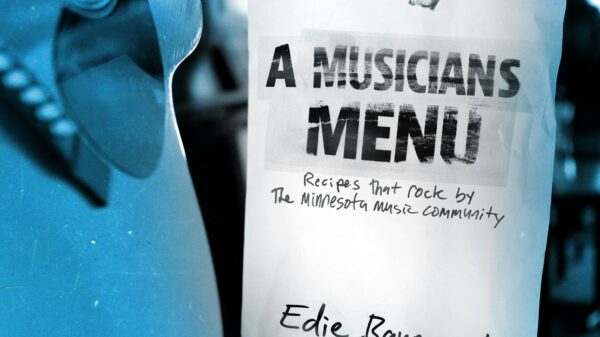The recent incident involving wrestler Raja Jackson during a live wrestling event has ignited significant controversy within the professional wrestling community. During the show, Jackson was allegedly the victim of an assault that some are calling an attempted murder. The fallout has sparked widespread debate about the standards of conduct within the industry and who should be allowed to participate in wrestling.
Many prominent figures in wrestling have weighed in on the situation, with most condemning the actions that led to the incident. Notable voices such as Stevie Richards and Jim Cornette have extensively discussed the incident, analyzing every aspect from the backstage atmosphere to the actions taken in the ring. While they have shared their views on what went wrong, they have not directly proposed actionable solutions. In contrast, Swerve Strickland has voiced a clear stance, suggesting that it is time to re-establish standards in professional wrestling.
Raja Jackson’s Background and the Incident
Raja Jackson, the son of former MMA fighter Rampage Jackson, was attending a wrestling event hosted by Knokx Pro Wrestling when the incident occurred on August 25, 2025. Celebrities like Jackson often receive backstage access at wrestling events, which is generally accepted practice when coordinated properly with event management. However, things took a troubling turn when Syko Stu struck Jackson with an empty beer can as part of an unapproved interaction.
While Syko Stu later apologized for his actions, the situation escalated further when AJ Mana continued to provoke Jackson after the initial conflict had been resolved. This behavior raises critical questions about the responsibility of individuals within the wrestling community to maintain a safe and respectful environment.
The incident culminated in a moment during the match where the referee counted a pinfall on Syko Stu while he was injured, adding to the chaos and confusion that characterized the event. The actions of both Mana and the referee have drawn scrutiny, with many questioning their judgment in a profession that relies heavily on trust among its participants.
The Case for Gatekeeping in Wrestling
Swerve Strickland’s proposition to reintroduce a form of “gatekeeping” in wrestling focuses on ensuring that only suitable individuals are allowed to participate in the sport. He argues that wrestling, like any other profession, requires a specific skill set and understanding of its intricacies. This sentiment resonates with many who believe that the business should not be open to just anyone, especially those who exhibit troubling behavior.
The notion of “gatekeeping” does not extend to fans or potential newcomers who wish to engage with wrestling. Rather, it pertains to the individuals who are allowed to perform and work behind the scenes. The industry must take a stand to filter out those who do not adhere to the ethical and professional standards expected in wrestling.
With the wrestling community currently grappling with the implications of the Raja Jackson incident, it may be time for a reevaluation of the values and codes of conduct that govern the sport. As the conversation unfolds, the focus remains on fostering a safe environment for all participants—inside and outside the ring.
The Raja Jackson incident has sparked discussions that could lead to significant changes in how the professional wrestling industry approaches conduct, safety, and professionalism moving forward.






